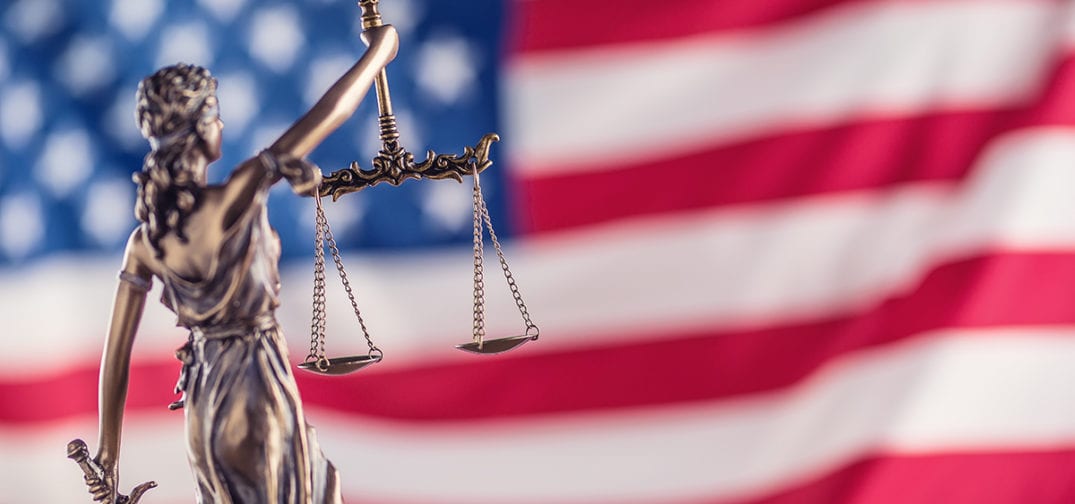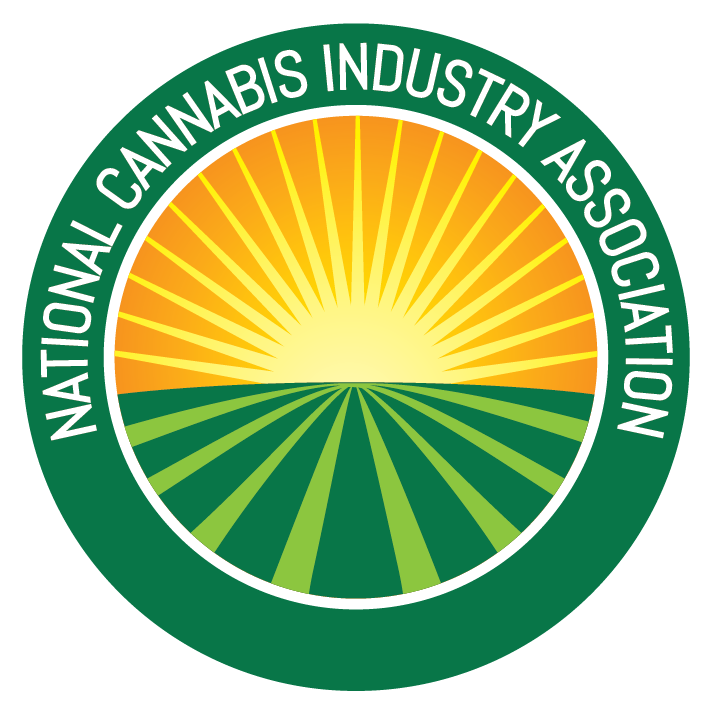In a June 11 memo, the U.S. Department of Justice Office of Professional Responsibility Director and Chief Counsel Jeffrey Ragsdale defended the agency’s cannabis investigations by the Antitrust Division (ATR), saying the industry “provided a unique challenge to federal and state regulators alike.”
The memo is in response to the agency finding out that a whistleblower would be testifying about alleged politicization of the Justice Department under Attorney General Bill Barr and that the cannabis cases opened by the department would be under scrutiny.
On Wednesday, John Elias, a veteran employee at ATR, testified to the House Judiciary Committee that the merger investigations by the agency into cannabis companies didn’t “even come close to meeting established criteria” for such an inquiry. Elias claims that the investigations were only opened due to Barr’s personal distaste for legalized cannabis.
In the memo, Ragsdale categorically denies the claims included in the December 19, 2019 whistleblower complaint but contends that, even if they are true, “there would be no violation of any laws, regulations, rules, policies, or guidelines.”
“These mergers provided unique challenges for ATR because ATR lacked experience with the cannabis industry, that industry was rapidly expanding and consolidating, many cannabis companies are unsophisticated, and ATR was limited in its ability to collect information from the merging companies and third parties because cannabis is illegal under federal law. In contrast to the allegation that the mergers provided no competitive concerns, ATR stated that these challenges made it impossible for ATR to reach that conclusion within the statutory thirty-day period in which it can issue Second Requests.” – Ragsdale in the June 11 memo
Antitrust prosecutors issue a “second request” for additional information and documents when there are concerns about the potential impact of a merger. These in-depth reviews can lengthen the merger process by months or years.
During his testimony, Elias said he was just seeing the memo for the first time and called the conclusion “concerning … because it seems so self-evident that if your sole motivation is animosity, that is impermissible. If there is no rule or regulation, there is one missing because that’s obviously wrong,” according to a Politico report.
Elias testified that at least 10 investigations into cannabis industry mergers were opened since Barr’s nomination as attorney general.
OPR closed its investigation into potential wrongdoing upon the issuance of the memo.
Get daily cannabis business news updates. Subscribe
End



